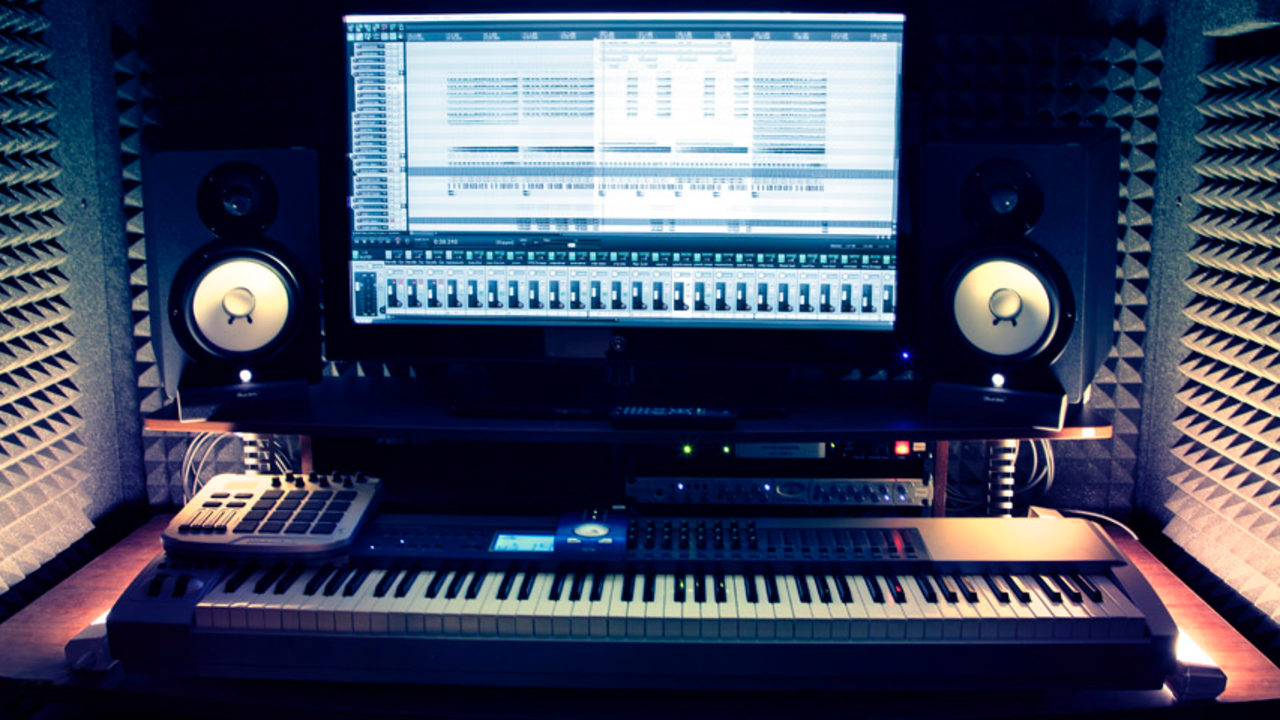Make Your Music Sound Better In 2 Minutes

There are a lot of things you can do to make your music sound better and that is exactly what I teach.
A good way to introduce you to this is by telling what you should avoid, and my one and only golden rule that you must do.
Our story starts with the internet. It's an amazing way to share information, but the information is not always correct.
While teaching, my students all tell me the same thing...
They tell me it is too hard to sift through the noise on the internet, youtube, and popular audio magazines. These places offer lots of advice, but it's difficult to know who to trust.
One BAD piece of "amateur" advice I've noticed is to “Always do X".
e.g.
- "Always high pass filter all your tracks except your kick and bass."
- "Always share one reverb across all instruments".
- "Always EQ a certain frequency on your kick/bass".
- "Always use a multi-band compressor on your master bus.”
In my many years of being a touring DJ, Record Producer, and Mix Engineer, I have found the truth to be quite the opposite.
There is only ONE thing that you should always do.
Use Your Ears, And Listen
I am shocked at the second hand “tips” I hear people share with me. Like the one about "High Pass Filter everything". If you do that without listening, you will often miss out on something more important. Like the opportunity to boost a low frequency that is in dire need.
This could cause huge problems in your mixdown, and all you needed to do was to listen and decide first. In result, you will end up with a thin, cold, and weak sounding mixdown.
Make your music sound better by testing if some of your sounds need a low frequency BOOST.
Low end gives the feeling of size. It makes things sound bigger. We all know that kick drums and bass lines need low end, but so do vocals, lead synths, and other important sounds. Usually around 100Hz to 200Hz. Some supporting instruments (like chords for example), often need 400hz to feel warm.
Now, if you are reading this, then there is a high chance that you are a music producer too. We are not recording traditional bands.
In each song we are using different samples, and synths. So we can’t be so broad with rules. Some of these don’t even apply to us.
For example, the reverb one. The goal of using a single reverb on many instruments is to make your mix sound realistic. Like the instruments are all in the same physical space. This is great for rock, and jazz band etc.. Otherwise, a band would sound artificial and weird.
Now, you can do this if you like it, but you would be missing out on the opportunity to experiment. Electronic music is synthetic. It doesn’t have to follow those rules.
You can think of a band like a movie with human actors, and electronic music like an animated movie, like Avatar. Realistic can sometimes be boring. Make your music sound better by aiming for fantastic instead.
The same goes for... "always EQing a particular frequency on a kick/bass".
This can work for a rock band, as a 22” kick drum, and an electric bass guitar are pretty similar every time you hear them. There will be common frequencies to focus on.
In electronic music, all our sounds are different from one sub-genre to the next, and often from one song to the next. This is something I keep in mind every time I am doing mixdowns/mastering for clients too.
Listen, And I Approach Every Song Case By Case
I encourage you to question every piece of advice you receive. Even from me. Don’t do something because someone said that "this is the way". Try it out, and listen to the result. Decide if you like it.
Music is art after all. It is subjective. In doing so you will train your ears to listen better, and you will make your music sound better.
You're just one song away...
-Stu (Bass Kleph)
p.s. If you are looking to take your music to the next level sonically, and musically, check out The Road To Main Stage


